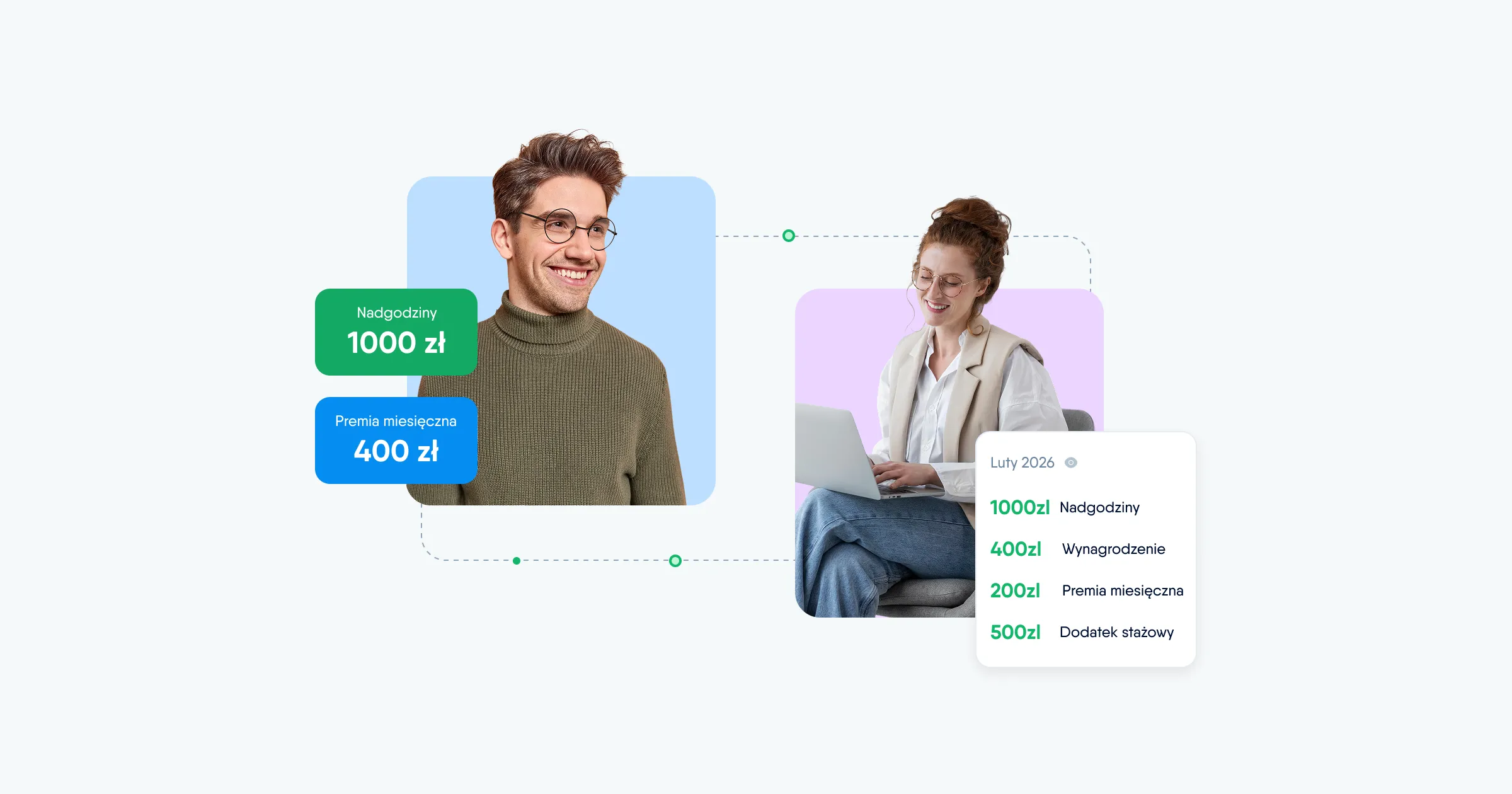Coaching
What is coaching?
What is the definition of coaching?
According to the International Coaching Federation, coaching is a specific type of collaboration with another person (a client or employee) that provokes thinking, stimulates creativity, and inspires personal and professional development. If you feel stuck at a certain stage of development and want to move forward but are unsure which direction to take, a coach is the right person to support you in reaching a new goal. They will also help you reestablish your priorities, such as balancing professional and personal life.
A coach does not give advice, criticize mistakes, nor analyze the past of the person who approached them. Coaching is NOT:
- Mentoring or training, where a mentor shares specialized knowledge and experiences.
- Therapy, which treats pain or trauma and aims to improve mental health.
What is professional coaching?
According to Robert Dilts, coaching is a process that helps individuals and teams achieve peak performance. Professional coaching (employee coaching) is thus a specialized method focused on the development of professional competencies and efficiency at work.
The partnership between a coach and an employee aims to identify professional goals, develop the skills needed to achieve them, and overcome barriers to success. Professional coaching may involve management, communication, teamwork, or career development.
What is the purpose of coaching?
Coaching is a method that challenges your thinking and helps evoke creativity, innovation, or alternative approaches to a subject.
Why is coaching important?
Coaching is a specific form of supporting another person. It helps break through impasses when:
- We feel stuck at a point of development.
- We aspire to achieve a big dream but don't know where to start.
- We want to be a “better version” of ourselves.
- We wish to continue our professional development.
- We would like to develop new skills.
- We seek change or want to move to a new stage of life.
- We hope to gain more confidence.
- We wish to let go of emotional baggage.
How to effectively coach in the workplace?
Coaching effectiveness in the workplace is initiated by jointly establishing session goals with the employee, concentrating on specific development areas. This can be described as a coaching agreement.
A session (coaching meeting) is a conversation between two people – the coach and the employee. During it, the coach uses various tools and communication techniques, such as active listening, asking open-ended questions, providing feedback, SWOT analysis, surveys, or 360-degree reviews, etc., to lead the employee to deeper self-reflection and independent identification of steps to achieve goals. Sessions should be regularly monitored for progress, and coaching should be conducted in an atmosphere of openness.
Please note:
- Effective coaching relies on trust. This is particularly important in professional relationships. None of us wants our private thoughts and hopes to be the subject of public debate in the company. Before planning meetings between an employee and a coach, it is therefore necessary to create a suitable space for conversation – quiet, separated from the curious.
- A coach can be anyone who is capable of actively listening, analyzing, and asking questions that inspire reflection. Since coaching does not involve imparting expert knowledge, an employee's coach does not have to be someone with professional experience in the industry.
- Coaching works towards a specific goal, around which each session is organized. Only when this goal is achieved can you move on to setting the next one.
- The duration and frequency of coaching sessions should not have rigid frames. However, they must be adjusted to the needs, goals, and organizational possibilities of the employee. On average, a session lasts about an hour, and coaching can last from several weeks to about 6 months.
- Functionalities of an HR platform, such as recurring 1:1 meetings, can be used to plan coaching sessions.
How to coach managers?
Coaching managers often focuses on specific challenges that leaders face, such as developing leadership skills, managing change, effective communication, and decision-making skills.
The key to success is to lead to a situation where the manager defines their leadership style, opens up to new skills in motivating employees and building a team, and decides to try new team management strategies.
Summary: benefits of coaching in the workplace
In 2017, the International Coaching Federation conducted a global consumer awareness study – collecting 27,134 responses from 30 countries. Respondents who worked with a coach experienced the following benefits:
- Improved communication skills (42% of respondents).
- Increased self-esteem / confidence (40% of respondents).
- Increased productivity (39% of respondents).
- Optimized individual or team performance (38% of respondents).
- Better work-life balance (34% of respondents).
According to Ernst & Young, the most important benefits of coaching that translate to business include:
- Development of new employee competencies in setting action goals and prioritizing tasks.
- Cultivating leadership skills among management.
- Optimization of time spent on constructive problem-solving.
- Strengthening motivation and the ability to overcome personal barriers in employees.
- Reinforcing the structure of the entire company and facilitating the achievement of set goals thanks to higher work performance.
Collaborating with a coach can positively transform our approach to leadership as well as professional work and social interactions. As a result, we achieve a greater impact on our environment, the company, and professional development. Coaching improves communication, builds self-worth, refreshes perspective, and helps refocus on goals.

